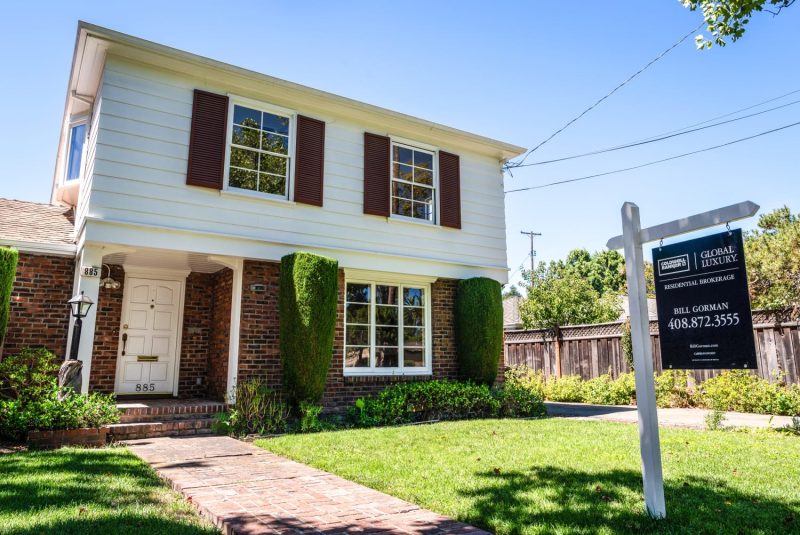
Revolutionizing Home Sale Commissions this Weekend!
In the complex world of real estate, one element that has remained largely unchanged over the years is the home sale commission. However, this status quo is poised to experience a significant shake-up. Beginning this weekend, a sweeping shift is occurring in the home sale commission structure that will likely change the dynamics of real estate transactions for all parties involved.
A house sale involves two key parties, apart from the seller and the buyer, namely the listing agent and the buyer’s agent. In a traditional home sale commission structure, both agents earn a set percentage of the home’s selling price. Typically, the seller pays a commission of 5-6% which is split evenly between the two agents. This model has largely been accepted as standard practice across the United States for decades.
However, due to the rapidly evolving real estate market, coupled with an increasing demand for transparency, this traditional model is undergoing a significant shake-up. The intent is to make commissions more flexible, transparent, and potentially less expensive for sellers.
This wave of change has been primarily driven by litigation, regulation, and competitive pressure. For instance, class-action lawsuits challenging the conventional commission structure have brought increased scrutiny to the model. The lawsuits argue that traditional commission structures contribute to higher costs and lack of transparency for consumers.
Another aspect nudging this change is the introduction of new regulations by the Department of Justice and the Federal Trade Commission. These encourage price competition among brokers and demand greater transparency about commissions. The regulation mandates listing brokers to disclose the amount of commission they are offering to buyer agents on the Multiple Listing Service (MLS). This was launched with a view to foster greater competition, which in turn could pressurize agents to lower their commissions.
Emergence of tech-driven real estate platforms and companies is also adding to the pressure on the conventional commission model. These companies offer flat-fee services or significantly lower commission rates, providing cost-saving options for tech-savvy, DIY-oriented home sellers and buyers.
As the shake-up rolls out this weekend, it is expected to bring sweeping changes across the industry. One potential effect could be an increased demand for discount brokers as sellers become more aware of the amount they can save with lower commissions. On the other hand, traditional brokers may need to justify their higher commissions by offering more comprehensive, personalized services to stay competitive.
Moreover, the traditional role of buyer’s agents may also evolve as they could be pressured to negotiate their commissions with buyers rather than receiving a set percentage from the listing broker. This could lead to more competitive pricing, but also might create more uncertainty in transactions.
The effects of these changes, however, are not entirely predictable as it depends on how industry professionals, home sellers, and buyers will respond and adjust to the new norms. It could mean a period of uncertainty and adaptation for real estate professionals but could also yield fruitful results in terms of fair pricing and increased transparency for consumers. Though there are pros and cons, it’s safe to say that the home sale commission shake-up is set to create a new era in the realm of real estate transactions.
